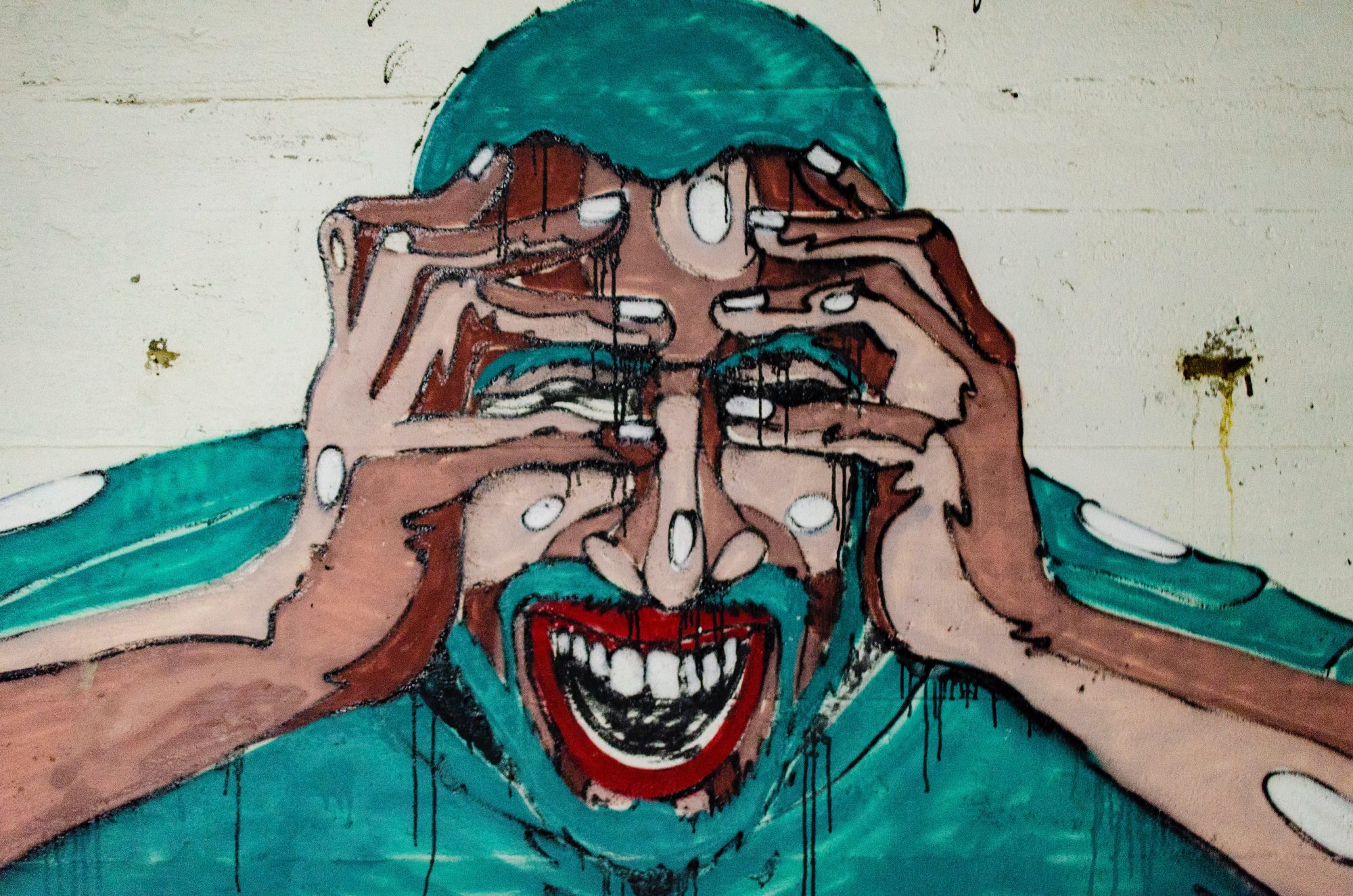Villains and Heroes alike?

The word Villain has always seemed to be a one dimensional word. The antithesis for what the hero stands for. The being that creates destruction, more specifically the situation for the hero to persevere. It has always been the subject of agreement across audience members. They are an obstacle to be toppled by the hero.
At least, until recently.
There has been a growing interest in the role villains play over the recent years across all of media. James Bond casts are elevated by the actor that plays the monumental force meant to stop Agent 007, the newest installment in the Avengers franchise would not be as great without the work of it’s purple titan, and the newest example of Villains being ascended from obstacles to characters: Joker. This movie details the life of a Villain, and details it to excruciating detail, but in such a way that makes the audience root for them. By the end you are a supporter of the Villain, an obstacle that you don’t want the hero to overcome. They are effectively the main character.
Suffering
One of the most common things to find in literature, more specifically British Literature is the notion of suffering. In Sir Gawain and the Green Knight, we see Gawain suffer from his anxieties, while in the Prioress’ Tale we see the suffering of the mother whose child was murdered. Suffering is a literary element, used to explain who the main character is in a story. In the story of Jesus’ Crucifixion, the mere fact that his name is in the title does not simply explain why he is the main character; it is the emotional, physical and mental suffering he goes through in his crucible that determines his place as the main focus of the story. It is widely understood that the main character is the one who suffers most, and if we were to apply such a notion to texts like Paradise Lost and Beowulf, we would see the main character is in fact be the likes Satan and Grendel’s Mother, for who suffers most when the Hero wins the day? In this section I will delve into the implications of such conclusions, and what it might mean to our literary genre if we were to connect the sufferer to the villain of the story.
The villain of the story is not the orthodox choice for the character who suffers most. In fact, to say that Satan is the one who suffers when he clearly states he wants to corrupt Mankind to make God suffer for his mistreatment of him is ironic given the outcome of his Hell and God’s Heaven. However, we must recognize that the main character of a story does not always have to be the Protagonist. For the purposes of this section, we will disconnect the two altogether and consider “The Main Character” as an additional element to the Protagonist V Antagonist mentality. No matter the “incarnated contradiction” Satan may be, the villain of the Paradise Lost, as well as all of Catholic literature, suffers from the human gaze as well as Heaven’s (Elmer. E. Stoll). Stoll also suggests, when talking about Othello, that the “evil” is more of a force derived from the character of a hero (258). In this way, we could conclude that Satan is only as “evil” as God is “righteous”, and from what we hear about God from the stance of Satan, they are not as righteous as we believe them to be. If we were to take Milton’s interpretation to the creation story as fact, we would then deduce that Satan is really just an entity of free will, and a victim more than he is a villain. He is not unlike Adam and Eve, who suffer God’s punishment for not following the one order they were given, and for being cast out. Connecting Satan to such suffering makes him more of an attempted savior than the “evil” that he stands for throughout all of literature. The Main Character of Paradise Lost, not as a force for corruption, but as an entity with the force of God upon him at all times.

Catholics and Suffering
If we were to take this idea of looking into characters into the tradition of the Catholic Church, our foundation of Good and Evil would become much more complicated than the Black and White our Ten Commandments tell us the world is made up of. Satan as the Main Character, but not as the Protagonist of the creation story sets God as the one who not only condones the suffering but creates it in the first place. Harkening back to St. Paul, you could say that God lets pass the existence of suffering for Humans to be more like Christ, but it is unclear for why suffering would exist for Satan. If he suffers at all, is he then committing Christi Imtatio, which is an action that St. Paul deems worthy? I would answer yes, and that the presence of suffering at all makes Satan seem more human than we would like to believe.
In an article having to do with the deconstruction of reflexive definition in suffering, Phillip A. Mellor suggests that Christians characteristically think that the bodily suffering of one can be substituted for the suffering of another through prayer, purgatory, vicarious communion (Extract). This mainly characterizes Jesus’ disciples, and the colloquial saying of “The Suffering Catholic”. Additionally, St. Paul describes the meaning of suffering to be in an effort to be like Christ as well as it being for Christ’s “sake” (Pizzalto). This makes it more and more apparent that Catholics traditionally imitate Christ through suffering. It is a way to connect spiritually with the Messiah of a better world. In the realm of literature, readers most often connect to the main character, the one who suffers the most in the story. Much like Mellor might suggest, the very reading of a literature can be in substitute for the actual suffering of the main character, because it is in that same substitution that we might find the connection we need to be invested in the story.
In these ways it seems more apparent that the idea of Jesus is connected to suffering as we know it. The association we seem to always make between the Messiah of Catholicism and the constant between all humans bleeds into our world of literature. This begs the question: is all suffering connected to Jesus in some way? or vice versa? at all? This idea of connecting suffering to the main villain of each and every story insinuates that every villain is in some way Jesus or at least a reflection of Jesus; and if that sounds out of place, let it be reminded that Satan means “opposer” in Hebrew, and Devil “slanderer” in Greek. Satan has always been the antithesis of God, but is a version of God all the same.
Works Cited
- Stoll, Elmer E. “Heroes and Villains: Shakespeare, Middleton, Byron, Dickens.” The Review of English Studies, vol. 18, no. 71, 1942, pp. 257–269. JSTOR, www.jstor.org/stable/509120.
- Mellor, Philip A. “Self and Suffering: Deconstruction and Reflexive Definition in Buddhism and Christianity.” Religious Studies, vol. 27, no. 1, 1991, pp. 49–63., doi:10.1017/S0034412500001311.
- Pizzalto, Brian “St. Paul explains the meaning of suffering” CatholicNewsAgency.com https://www.catholicnewsagency.com/resources/sacraments/anointing-of-the-sick/st-paul-explains-the-meaning-of-suffering